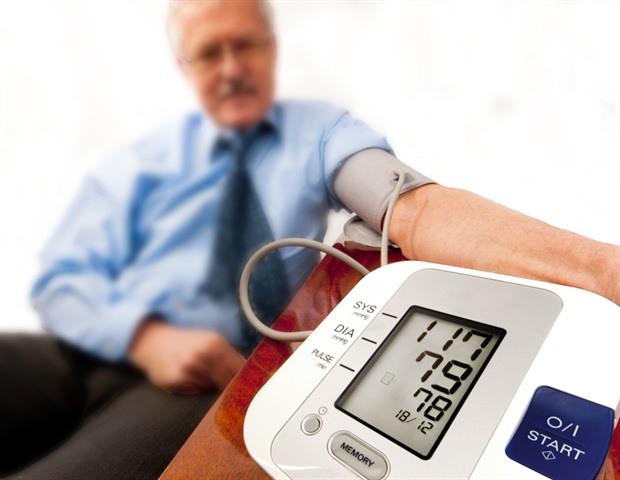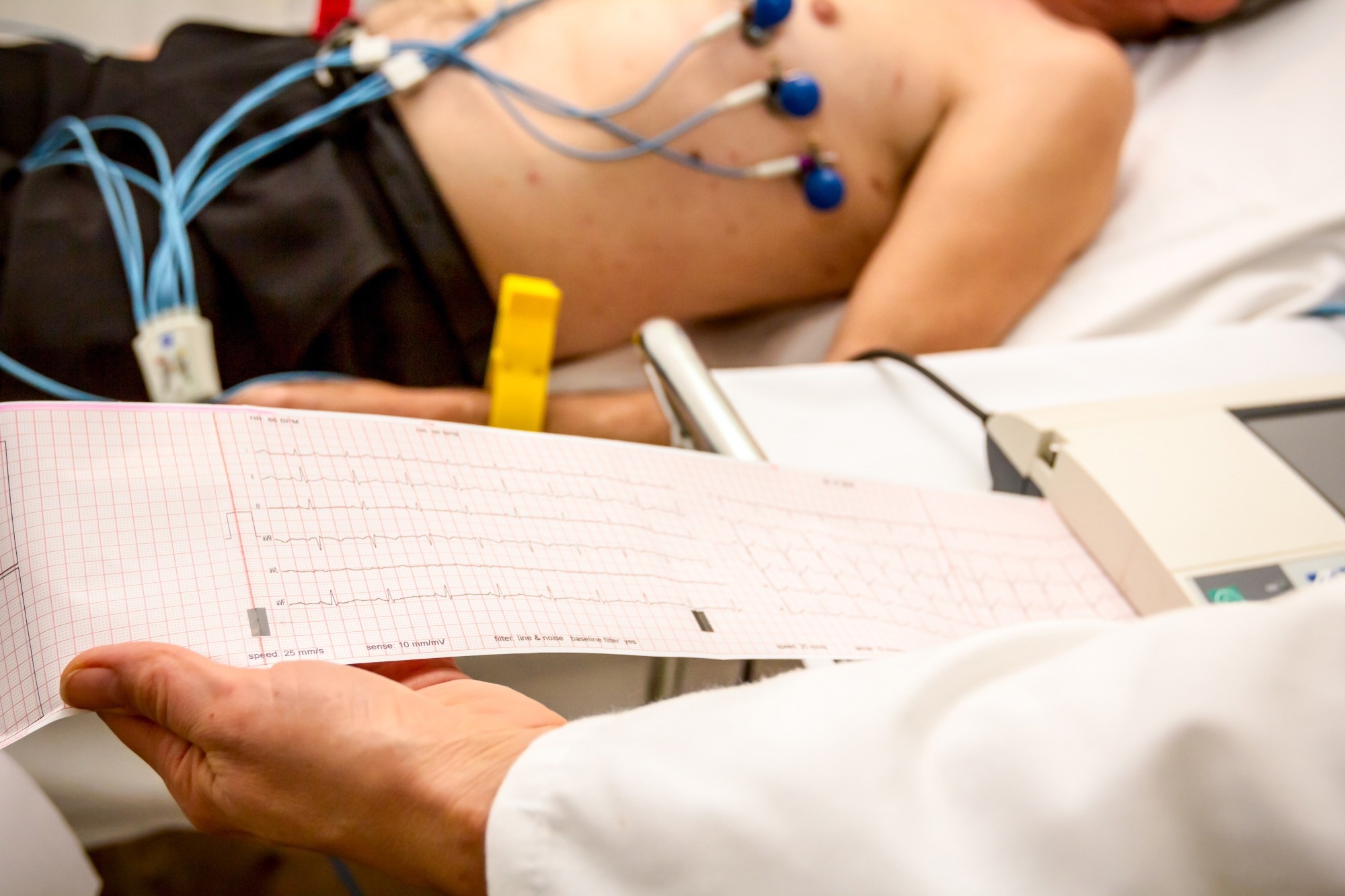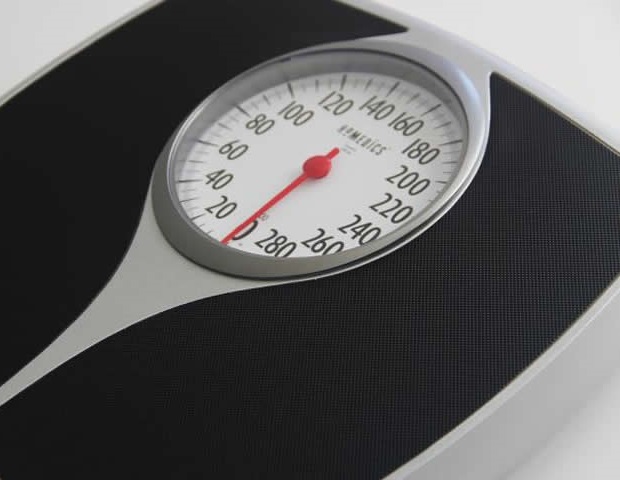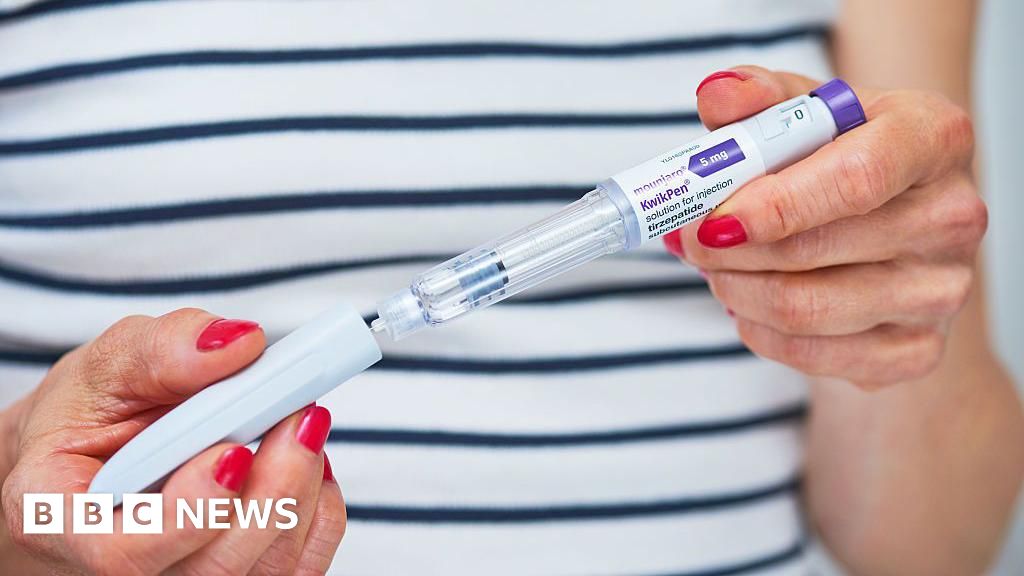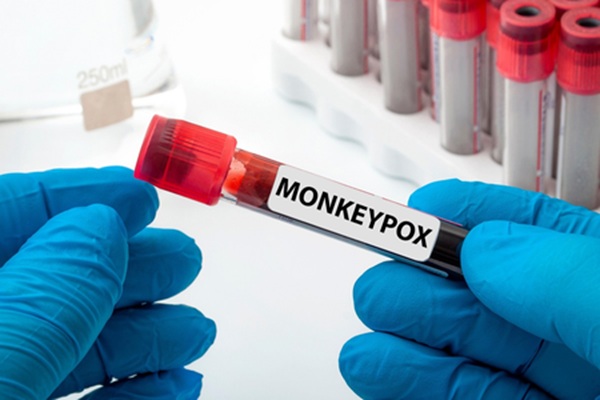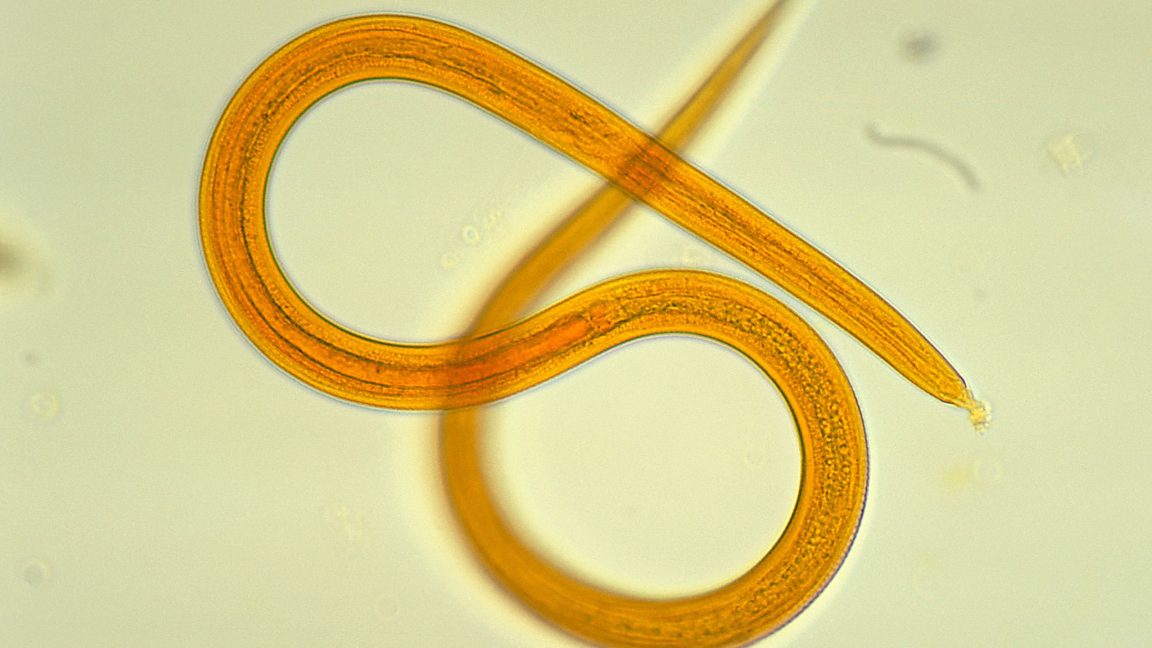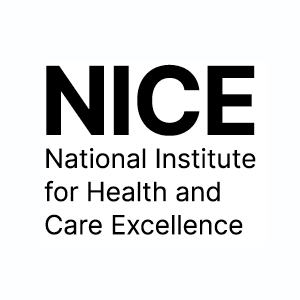New NIH Study Reveals Hormone Therapy's Impact on Breast Cancer Risk in Younger Women

On June 30, 2025, significant findings from a recent study by the National Institutes of Health (NIH) shed light on the relationship between hormone therapy and breast cancer risk in women under the age of 55. The research suggests that the type of hormone therapy used can significantly influence the likelihood of developing breast cancer, an important consideration for younger women managing symptoms related to menopause or undergoing surgical procedures like hysterectomies or oophorectomies.
The study examined two prevalent forms of hormone therapy: unopposed estrogen hormone therapy (E-HT) and estrogen plus progestin hormone therapy (EP-HT). The researchers observed that women who underwent E-HT exhibited a 14% decrease in breast cancer incidence when compared to those who did not engage in any form of hormone therapy. Remarkably, this protective effect was amplified among women who began E-HT at a younger age or maintained the therapy for a longer duration.
Conversely, the findings indicated a concerning trend for women utilizing EP-HT. This group faced a 10% higher incidence of breast cancer compared to women who did not use hormone therapy, with even more alarming statistics revealing an 18% increase among those who remained on EP-HT for over two years. This suggests that the cumulative risk of breast cancer in EP-HT users before the age of 55 could reach approximately 4.5%, higher than the 4.1% risk for non-users and 3.6% for those on E-HT.
Lead author Dr. Katie O’Brien from the NIH’s National Institute of Environmental Health Sciences (NIEHS) emphasized the importance of these findings in her statement, noting, “Hormone therapy can greatly improve the quality of life for women experiencing severe menopausal symptoms or those who have had surgeries that affect their hormone levels.” However, she also stressed the necessity for comprehensive understanding of the risks associated with different hormone therapies. This evidence could be pivotal for both patients and healthcare providers in crafting informed treatment strategies.
To arrive at their conclusions, the researchers analyzed extensive data from over 459,000 women under 55, encompassing regions across North America, Europe, Asia, and Australia. Notably, the association between EP-HT and higher breast cancer risk was particularly pronounced in women who had not previously undergone a hysterectomy or oophorectomy, underscoring the need for individualized assessments based on surgical history when considering hormone therapy.
Dr. Dale Sandler, NIEHS scientist and senior author of the study, reiterated the need for personalized medical advice. He warned, “Women and their health care providers should weigh the benefits of symptom relief against the potential risks associated with hormone therapy, especially EP-HT. For women with an intact uterus and ovaries, the increased risk of breast cancer with EP-HT should prompt careful deliberation.”
These findings significantly extend previous research that primarily focused on older and postmenopausal women, offering new insights that could influence treatment decisions for younger populations navigating similar health challenges.
For those interested in further studies and updates on environmental health, the National Institute of Environmental Health Sciences (NIEHS) provides valuable resources and information. The NIH, the nation’s medical research agency, continues to be at the forefront of investigating various health issues, including hormone therapy and its implications.










